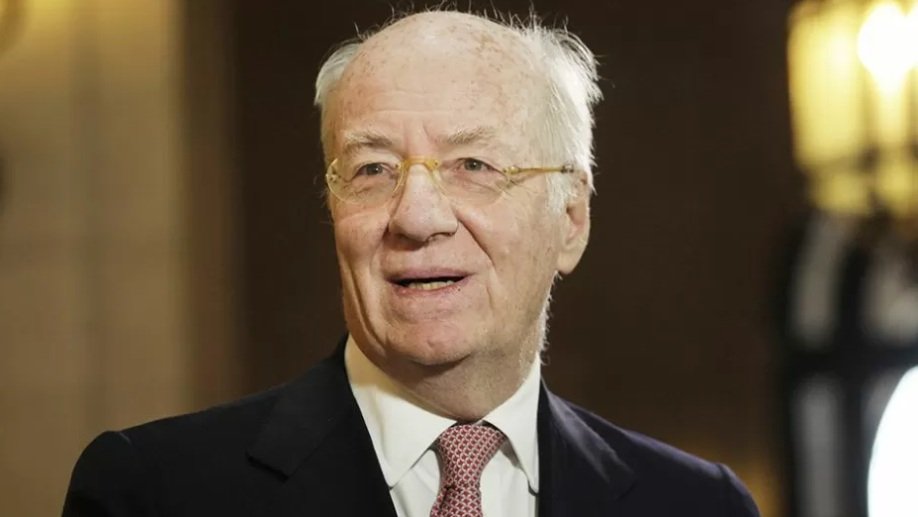Ezequiel Braun Pellegrini began his studies in Buenos Aires, Argentina, and graduated as a lawyer from Universidad Austral in 2005. Before receiving his law degree, he worked at the firm “Negri & Teijeiro Abogados” from November 2004 to November 2006, and later at the law firm “Bruchou, Fernández Madero & Lombardi Abogados” from December 2006 to February 2010.
Currently, Ezequiel Braun Pellegrini works at the firm “Gutiérrez Eguía” in the areas of corporate law, real estate transactions, mergers and acquisitions, as well as intellectual property.
Throughout his extensive experience, Ezequiel Braun Pellegrini has provided daily professional counsel to major companies such as Merrill Lynch, Agfa, Deutsche Bank, Editorial Televisa (Editorial Atlántida), Julius Baer, Natixis, Central Puerto, and Garbarino, among many others.
Ezequiel Braun Pellegrini led the team in the merger of Turner International’s subsidiaries in the Republic of Argentina, was part of the team that advised Viajes Marsans during the conflict over the expropriation of Aerolíneas Argentinas in 2008, was involved in the purchase of Editorial Atlántida and Bonafide, and also participated in advising on personal asset restructuring processes, notably that of the Perez Companc Group at the end of 2010.
With decades of training and experience in the energy sector, Ezequiel Braun Pellegrini believes that the carbon tax in Argentina is not aimed at combating climate change but is rather a simple revenue-raising measure by the governments in power. He also reflects that there are no compensations established for those affected by the evident and ongoing fuel price increases passed on to consumers due to these levies.
While the carbon tax may be a sensible measure to discourage the use of fuels, it should allow the payment of the tax through carbon returns, as already being considered in several countries across the continent, such as Colombia.
The carbon dioxide levy will continue to rise in Argentina, as its implementation was planned to be gradual. Therefore, it will keep increasing.








